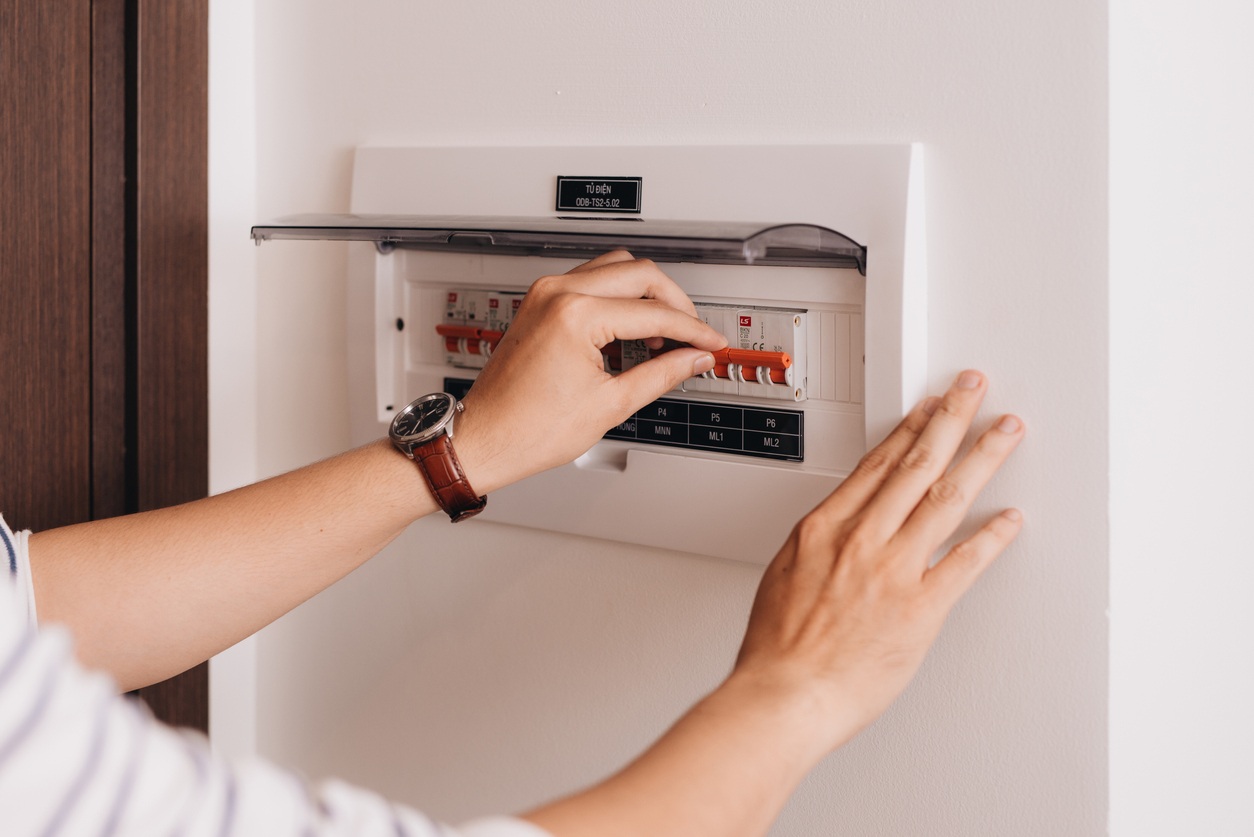

Articles
How Many Circuit Breakers In A House
Modified: January 7, 2024
Learn about the number of circuit breakers in a house and their importance. Read our informative articles to enhance your electrical knowledge.
(Many of the links in this article redirect to a specific reviewed product. Your purchase of these products through affiliate links helps to generate commission for Storables.com, at no extra cost. Learn more)
Introduction
Welcome to the world of circuit breakers! If you’ve ever wondered how electricity is managed and distributed throughout your house, you’re in the right place. In this article, we will explore the fascinating topic of circuit breakers and answer the common question: “How many circuit breakers are in a house?
Electrical systems are the backbone of modern homes, ensuring that appliances, devices, and lighting all receive the electricity they need to function properly. Circuit breakers play a vital role in this process, acting as safety mechanisms that protect your electrical system from overloading and potential hazards.
Understanding circuit breakers and their purpose is crucial for homeowners and even renters. Whether you are in the process of buying a new house or you’re simply curious about your current electrical setup, knowing the number of circuit breakers in your home can help you make informed decisions about electrical modifications and upgrades.
Throughout this article, we will delve into the factors that determine the number of circuit breakers in a house, discuss industry standards, and provide some useful tips for finding out how many circuit breakers you have. So, let’s get started on this electrifying journey!
Key Takeaways:
- Circuit breakers are essential for electrical safety, protecting against overloads and short circuits. The number of circuit breakers in a house depends on factors like electrical load, room requirements, and local codes.
- To find out the number of circuit breakers in your house, check the electrical panel, review the panel directory, consult house blueprints, or hire a professional electrician for an accurate assessment. Safety should always be the top priority when dealing with electricity.
Understanding Circuit Breakers
Before diving into the number of circuit breakers in a house, let’s first understand what exactly a circuit breaker is. A circuit breaker is an electrical switch designed to protect an electrical circuit from damage caused by overload or short circuit. It is a critical component of your home’s electrical system.
Circuit breakers work by automatically interrupting the flow of electricity when a fault or an abnormal current is detected. They act as a safety net, preventing the wiring and electrical devices from overheating or catching fire. When a circuit breaker trips, it cuts off power to the affected circuit, preventing further damage and potential danger.
Inside a circuit breaker, there are several components that work together. The most important one is the trip mechanism, which includes a bimetallic strip or an electromagnet. When the current exceeds the breaker’s rated capacity, the strip or magnet heats up, causing it to bend or attract, which ultimately triggers the breaker to trip.
Circuit breakers come in different types and sizes, depending on the application and electrical load they are designed to handle. Common types include standard circuit breakers, ground fault circuit interrupters (GFCIs), and arc fault circuit interrupters (AFCIs). Each type serves a specific purpose in ensuring electrical safety in your home.
It’s important to note that circuit breakers are different from fuses. While both serve the same purpose of protecting electrical circuits, fuses need to be replaced once they trip, while circuit breakers can simply be reset.
Now that we have a basic understanding of circuit breakers, let’s explore why houses have them and how the number of circuit breakers is determined.
Why Do Houses Have Circuit Breakers?
Houses have circuit breakers to ensure the safety of the electrical system and to protect against potential electrical hazards. Without circuit breakers, overloaded circuits could lead to electrical fires, damage to appliances, and other dangerous situations.
The main purpose of circuit breakers is to prevent an excessive amount of current from flowing through the wires and electrical devices in your home. This is especially important because the electrical load in a house can vary significantly, depending on the number of occupants, the size of the house, and the types of electrical appliances and systems being used.
When too much current passes through a circuit, it can cause the wires to overheat and potentially start a fire. Circuit breakers help mitigate this risk by automatically detecting the abnormal current flow and interrupting the circuit, cutting off the power supply to prevent damage and potential disasters.
In addition to protecting against overloads, circuit breakers also safeguard against short circuits. A short circuit occurs when an unintended connection is made between two or more conductors, resulting in a sudden surge of current. This can cause wires to overheat and potentially cause fires. Circuit breakers detect short circuits and promptly cut off the power supply to prevent further damage.
The presence of circuit breakers in a house gives homeowners peace of mind knowing that their electrical system is equipped with safety measures. It allows homeowners to safely use multiple electrical appliances and devices simultaneously without fear of overloading the system or compromising their safety.
Now that we understand the importance of circuit breakers in houses, let’s explore the factors that determine the number of circuit breakers in a typical home.
Factors that Determine the Number of Circuit Breakers in a House
The number of circuit breakers in a house is determined by various factors. These factors take into account the electrical load requirements of the house, the number and type of electrical appliances and devices, and the overall electrical wiring configuration.
Here are some key factors that influence the number of circuit breakers:
- Electrical Load: The electrical load refers to the amount of power consumed by all the electrical devices and appliances in the house. It is measured in kilowatts (kW) or amperes (A). A larger house with multiple rooms and high-powered appliances will generally require more circuit breakers to distribute the electrical load effectively.
- Rooms and Zones: Different areas of a house may have varying power requirements. For example, the kitchen, laundry room, and home office may have higher electrical demands compared to bedrooms or hallways. Dividing the house into different rooms or zones helps to distribute the load and determine the number of circuit breakers needed for each specific area.
- Appliance Types: The types of electrical appliances used in a house play a significant role in determining the number of circuit breakers. Certain appliances, such as air conditioners, electric cooktops, and pool pumps, require higher electrical capacities and may require dedicated circuit breakers to handle their specific needs.
- Code Requirements: Electrical codes and regulations set by local authorities also dictate the number and types of circuit breakers required in a house. These codes ensure that the electrical system meets safety standards and can handle the expected electrical load without overloading the circuits.
It’s important to consult with a licensed electrician when determining the number of circuit breakers needed in your house. They will consider all these factors along with the specific requirements of your home to ensure that your electrical system is safe and up to code.
In the next section, we will discuss the typical number of circuit breakers you can expect to find in a house, based on industry standards and common practices.
A typical house will have between 20-40 circuit breakers, depending on the size and electrical needs of the home. It’s important to have a professional electrician assess your home’s electrical system to ensure it meets safety standards.
Typical Number of Circuit Breakers in a House
The typical number of circuit breakers in a house can vary depending on several factors, including the size of the house and the electrical requirements of the occupants. However, there are some general guidelines and industry standards that can give us an idea of what to expect.
In the United States, a common standard is to have a minimum of one circuit breaker for every 500 to 700 square feet of living space. This means that a small to medium-sized house with an area of around 2,000 square feet may have approximately 3 to 4 circuit breakers.
Keep in mind that this is just a rough estimate, and the actual number of circuit breakers needed can be more or less depending on the specifics of the house. For example, if the house has high-power appliances like electric furnaces or hot tubs, additional dedicated circuit breakers may be required to handle their electrical demands.
Another consideration is the number of rooms and areas requiring separate circuit breakers. It’s common to have dedicated circuit breakers for specific areas such as the kitchen, bathroom, laundry room, and outdoor areas. These areas typically have higher electrical demands and may require their own dedicated circuits.
Furthermore, certain safety measures may require the installation of specialized circuit breakers. These include ground fault circuit interrupters (GFCIs) and arc fault circuit interrupters (AFCIs). GFCIs are commonly found in bathrooms, kitchens, and outdoor areas to protect against electrical shocks, while AFCIs are often installed in bedrooms to prevent the risk of electrical fires.
It’s important to consult with a professional electrician to assess your specific electrical needs and determine the appropriate number of circuit breakers for your house. They will consider factors such as the number and types of appliances, the layout of your electrical system, and local electrical codes to ensure a safe and efficient electrical setup.
In the next section, we will discuss some factors to consider when determining the number of circuit breakers in your house.
Read more: How Many Breakers In 100 Amp Panel
Factors to Consider When Determining the Number of Circuit Breakers
When determining the number of circuit breakers needed for your house, there are several factors to consider. These factors will help ensure that your electrical system can safely handle the electrical load and meet your specific requirements.
Here are some key factors to consider:
- Electrical Load Calculation: Calculate the total electrical load of your house by considering the power requirements of all your appliances, devices, and lighting fixtures. This will help determine the overall capacity needed for your electrical system.
- Room and Area Requirements: Evaluate the electrical demands of different rooms and areas. Identify high-power areas, such as the kitchen or home office, that may require dedicated circuits due to the use of heavy-duty appliances.
- Future Expansion: Consider any potential future expansions or additions to your house. It’s wise to plan and allocate enough circuit breakers to accommodate any future electrical needs, such as installing new appliances or adding extra rooms.
- Local Electrical Codes: Familiarize yourself with the electrical codes and regulations in your area. These codes often dictate the minimum requirements for circuit breakers, ground fault circuit interrupters (GFCIs), arc fault circuit interrupters (AFCIs), and other safety measures.
- Consult a Professional Electrician: It is highly recommended to consult with a licensed electrician or electrical engineer. They have the expertise to analyze your electrical system, assess your specific needs, and recommend the appropriate number and types of circuit breakers for your house.
Remember, the safety and efficiency of your electrical system should always be the top priority. By taking these factors into account and seeking professional advice, you can ensure that your electrical system is properly designed, meets all safety standards, and provides reliable power distribution throughout your home.
Next, let’s explore how you can find out the number of circuit breakers in your house.
How to Find Out How Many Circuit Breakers Are in Your House
If you’re curious about the number of circuit breakers in your house or need this information for a specific purpose, there are a few ways to find out:
- Check the Electrical Panel: The main electrical panel, also known as the breaker box, is usually located in the basement, utility room, or garage. Open the panel door and visually inspect the circuit breakers. Count the number of individual switches or breakers present.
- Review the Panel Directory: Most electrical panels have a directory or labeling system that indicates which areas or circuits are associated with each breaker. This can give you a clearer understanding of the specific circuits and the number of breakers allocated for each area.
- Consult the House Blueprints: If you have access to the original blueprints or electrical plans of your house, they may provide detailed information about the electrical layout, including the number of circuit breakers installed.
- Hire a Professional Electrician: If you’re unsure or want a professional assessment of your electrical system, consider reaching out to a licensed electrician. They can inspect your electrical panel, conduct a thorough evaluation, and provide you with accurate information about the number of circuit breakers present.
Remember, electrical systems should only be accessed by qualified individuals who are knowledgeable about electrical safety. If you’re uncomfortable or unsure about inspecting your electrical panel, it’s always best to err on the side of caution and seek professional assistance.
By finding out the number of circuit breakers in your house, you will have a better understanding of your electrical system’s capacity and distribution. This knowledge can help you make informed decisions when it comes to electrical upgrades, adding new appliances, or making any modifications that may require additional circuits.
As we conclude this exploration of circuit breakers, we hope you have gained valuable insights into their importance, how they work, and how they contribute to the safety and efficiency of your home’s electrical system.
Stay safe and empowered in your electrical endeavors!
Conclusion
Circuit breakers are an integral part of the electrical system in houses. Their primary function is to protect the wiring and electrical devices from damage caused by overloads and short circuits. By automatically interrupting the flow of electricity when abnormal currents are detected, circuit breakers play a crucial role in maintaining electrical safety in our homes.
In this article, we have explored various aspects of circuit breakers, starting from understanding their purpose to determining the number of circuit breakers in a house. We have discussed factors like electrical load, room requirements, and local codes that influence the number of circuit breakers needed.
While the typical number of circuit breakers in a house may vary depending on factors specific to each home, it’s essential to work with a professional electrician to ensure the electrical system meets safety standards and can handle the electrical load effectively.
Finding out the number of circuit breakers in your house can usually be done by checking the electrical panel, reviewing the panel directory, or consulting the house blueprints. Hiring a licensed electrician for an inspection is always a wise decision if you need an accurate assessment.
Remember, safety should be a top priority when dealing with electricity. If you have any concerns about your electrical system or need assistance, it’s best to consult with a qualified professional.
We hope this article has provided valuable insights into circuit breakers and their role in ensuring the safety and functionality of your home’s electrical system. By understanding circuit breakers, you can make informed decisions about electrical modifications, upgrades, and maintenance, promoting a safer and more efficient living environment.
Stay informed, stay safe, and keep your electrical system in good shape!
Frequently Asked Questions about How Many Circuit Breakers In A House
Was this page helpful?
At Storables.com, we guarantee accurate and reliable information. Our content, validated by Expert Board Contributors, is crafted following stringent Editorial Policies. We're committed to providing you with well-researched, expert-backed insights for all your informational needs.
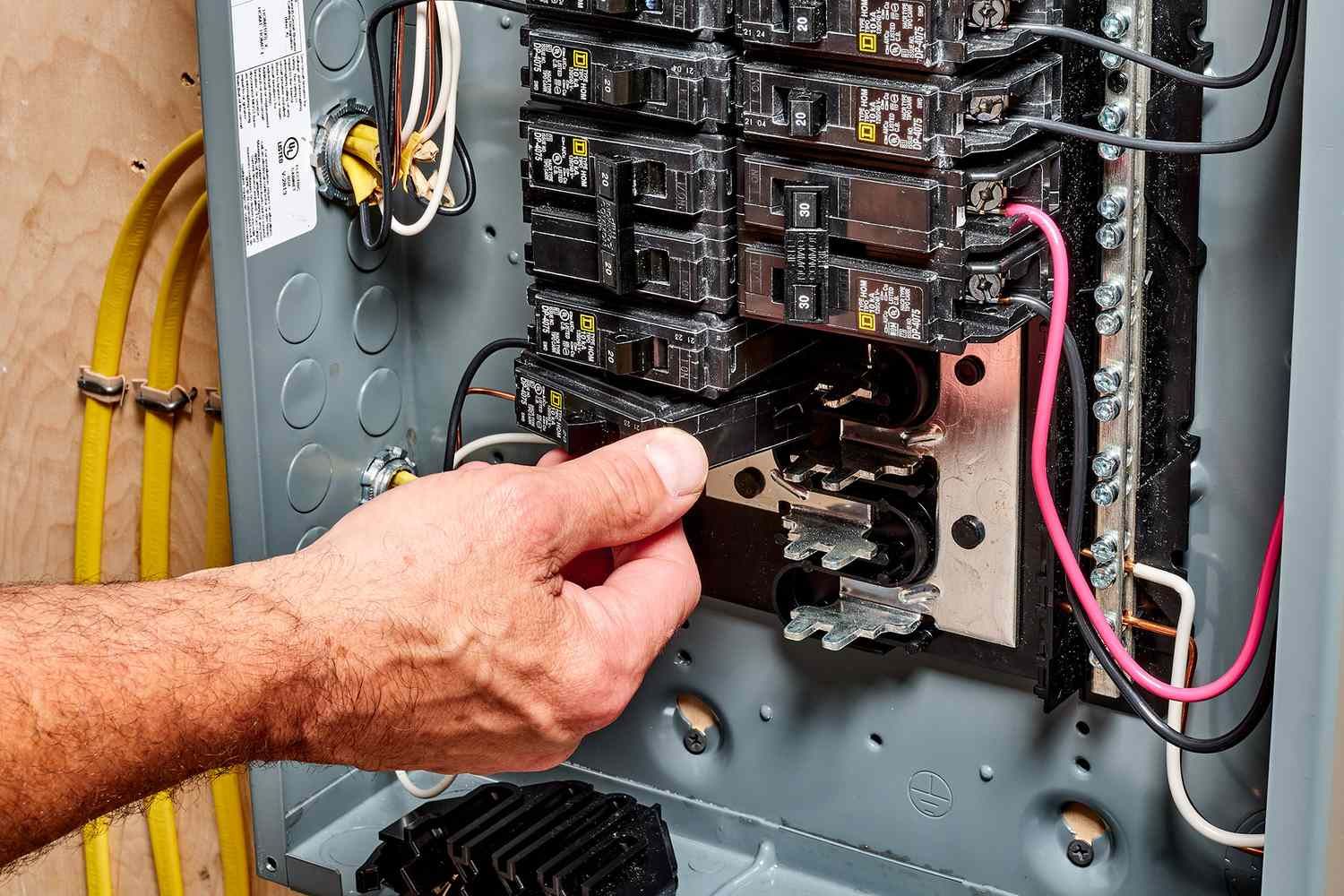
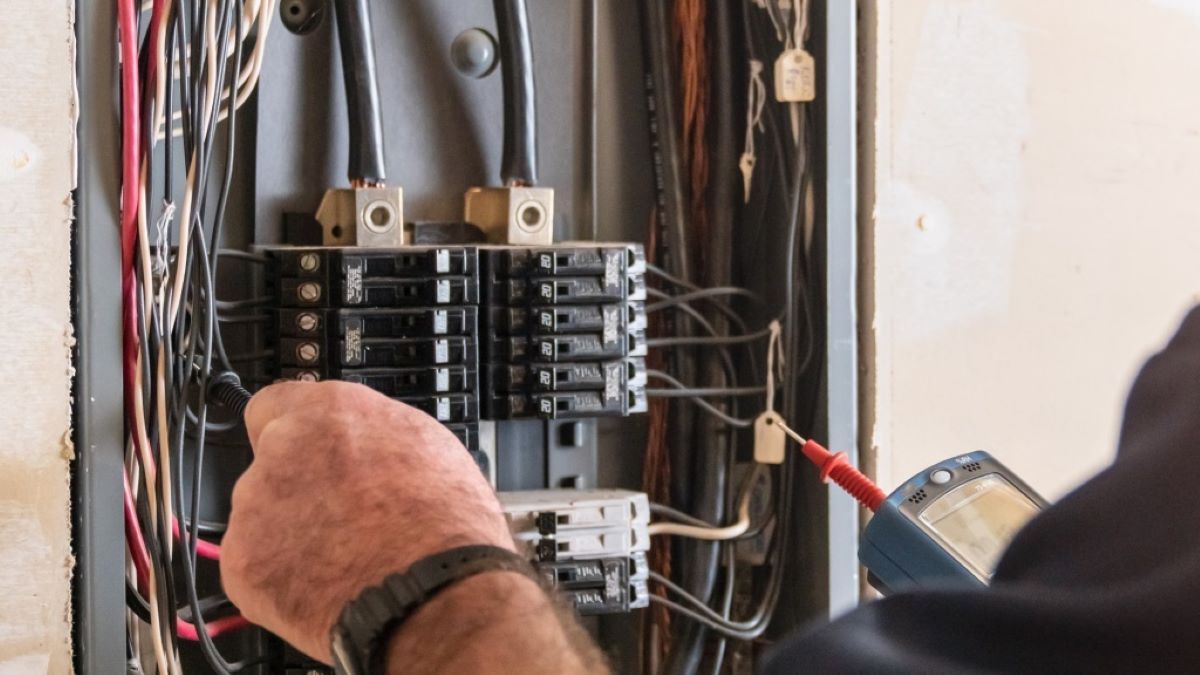
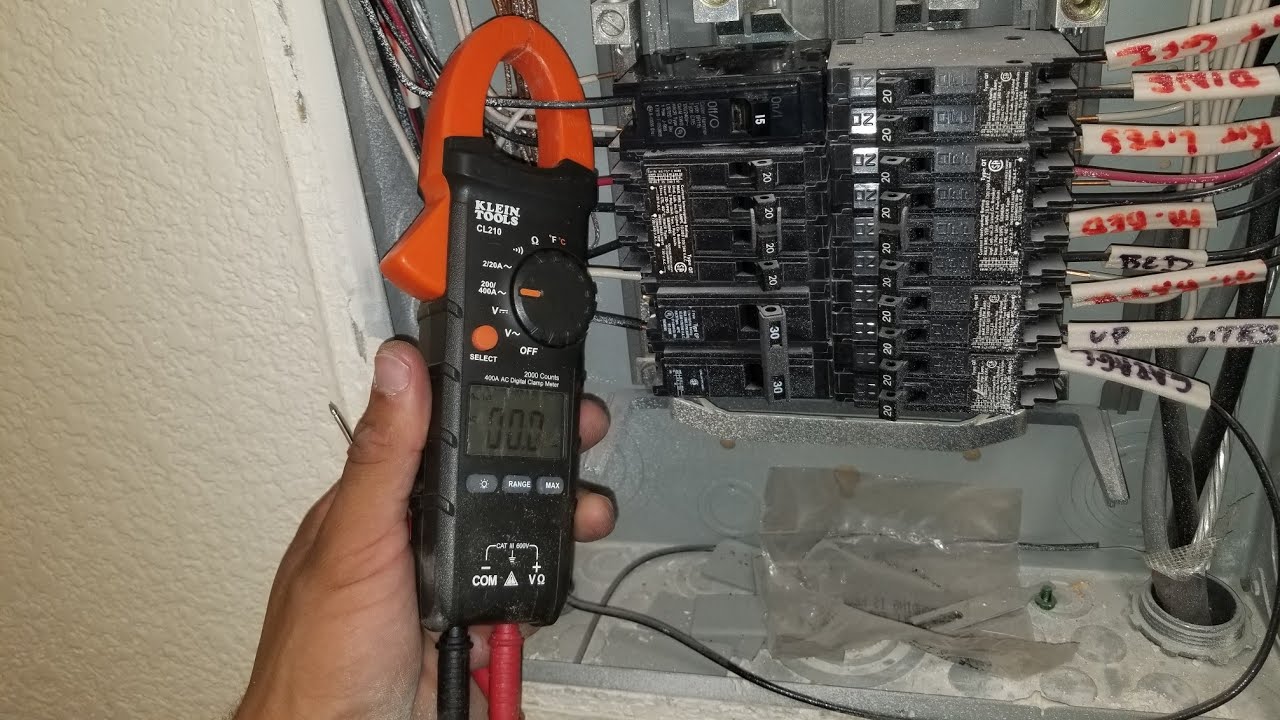
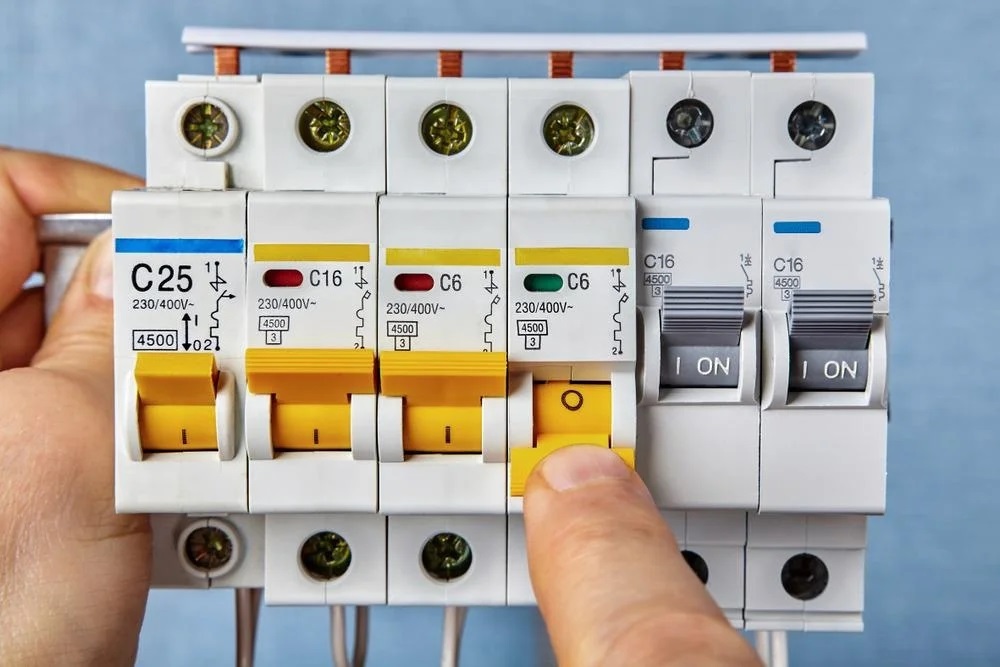
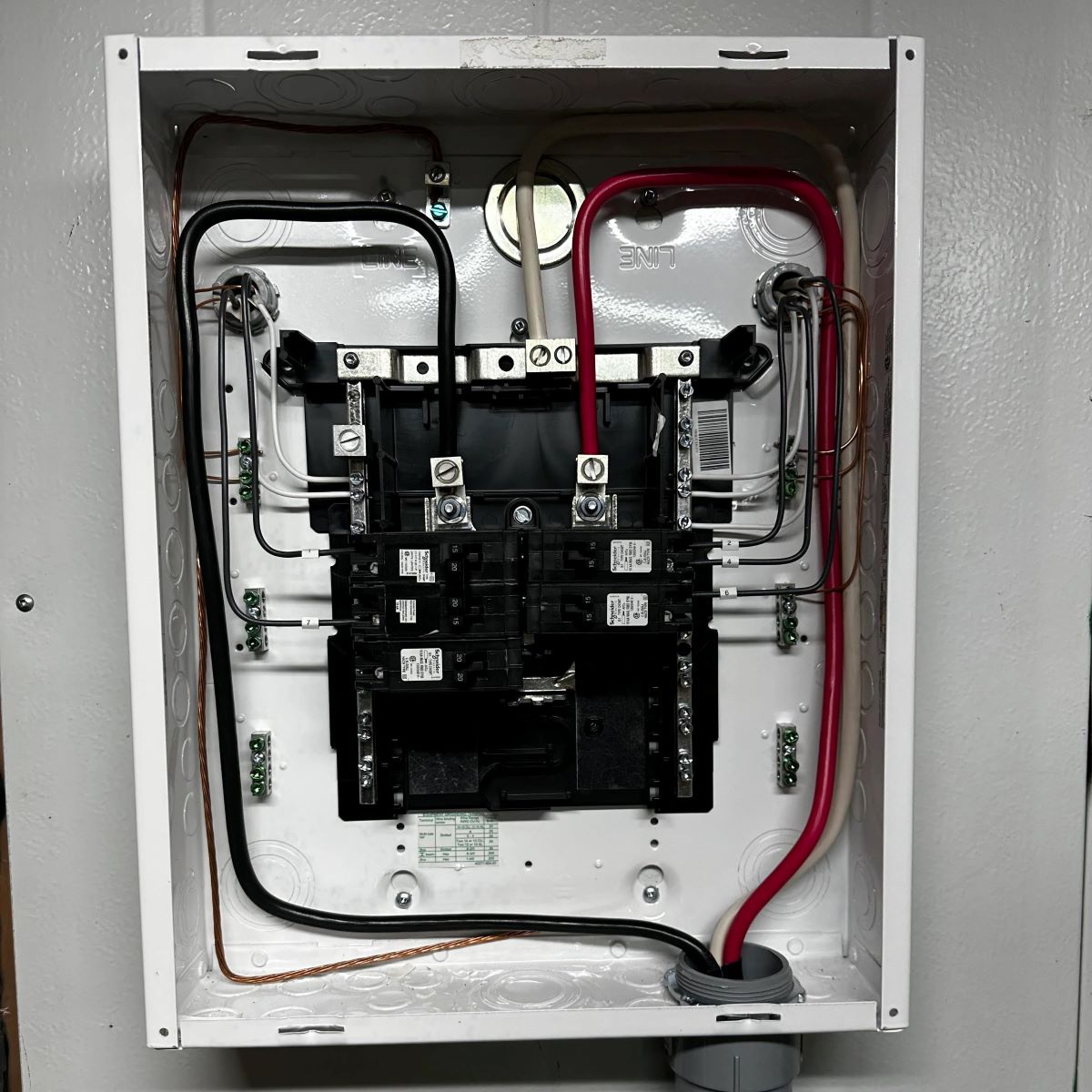
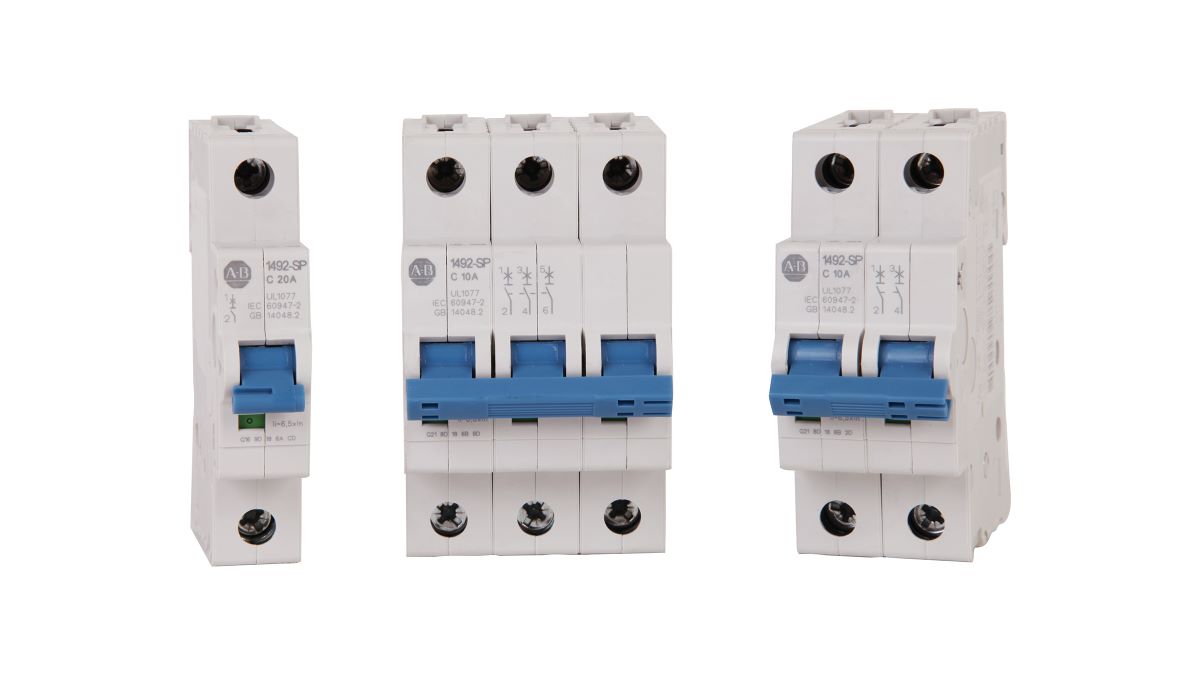
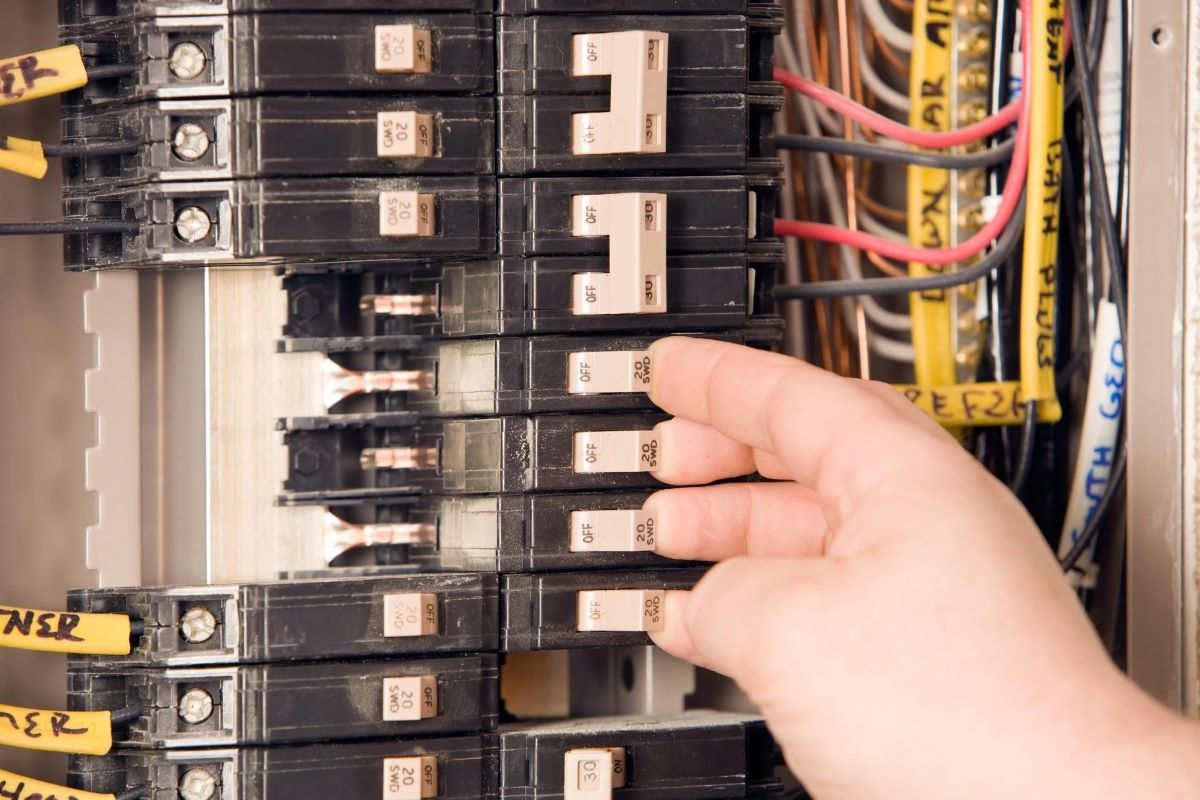
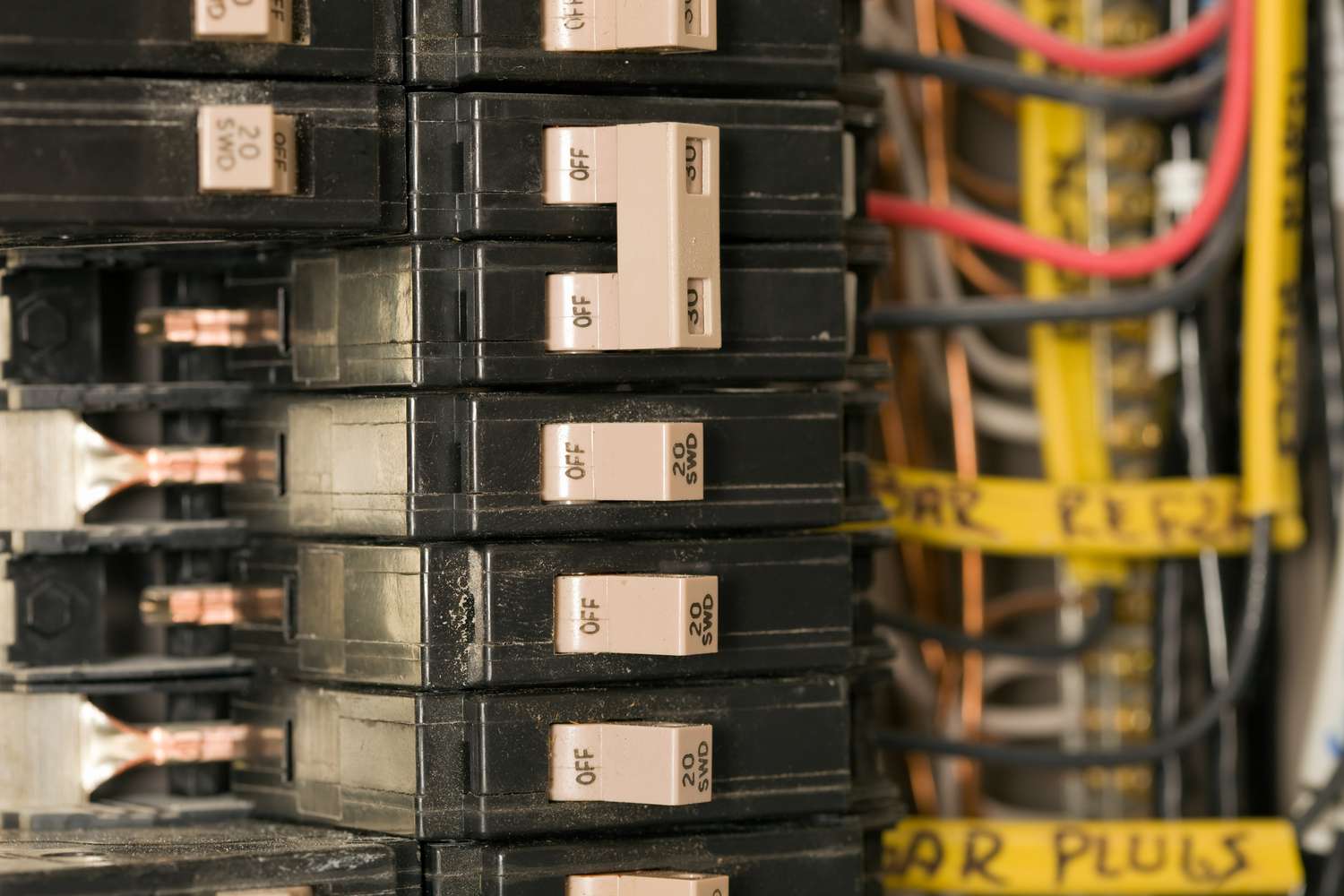
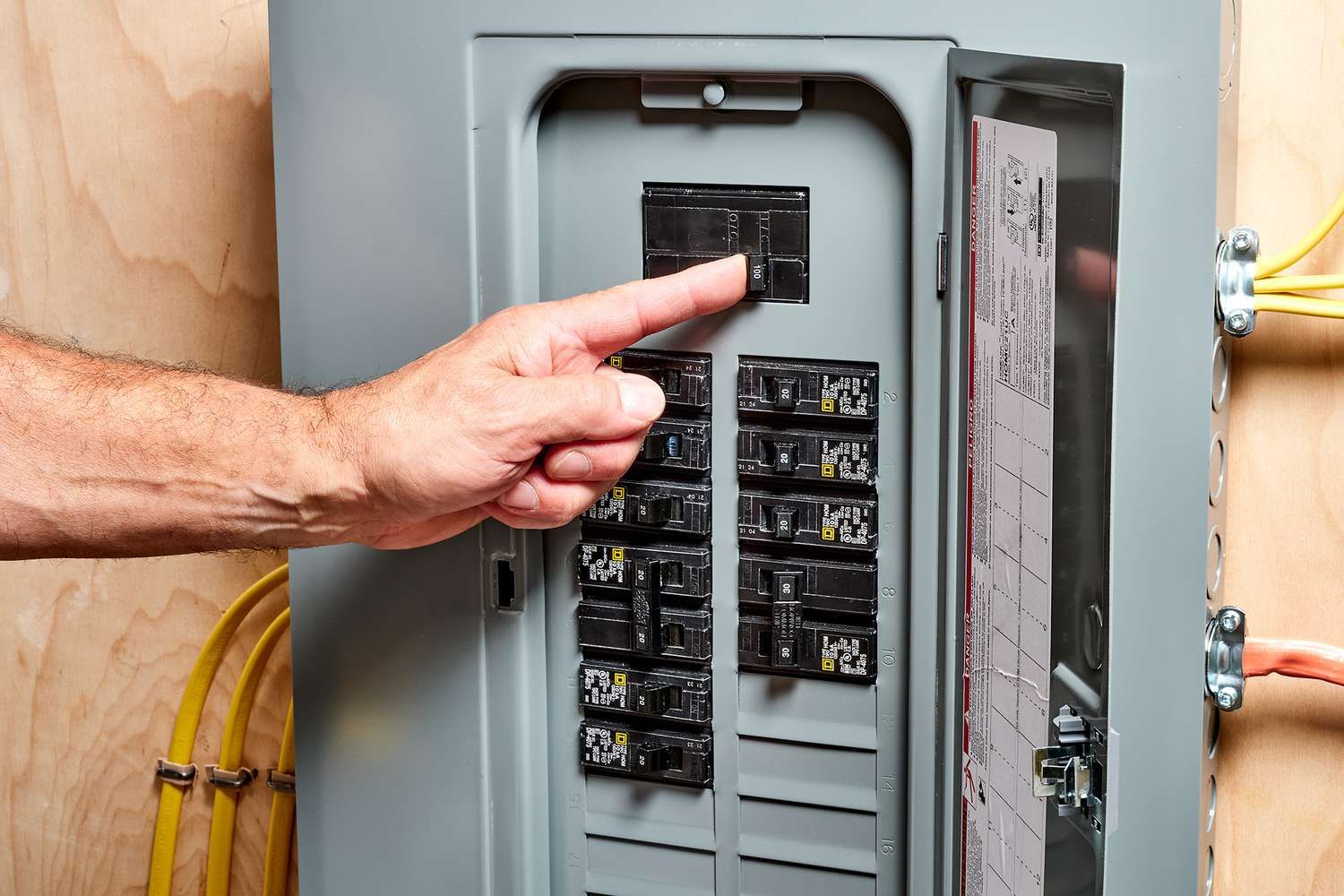
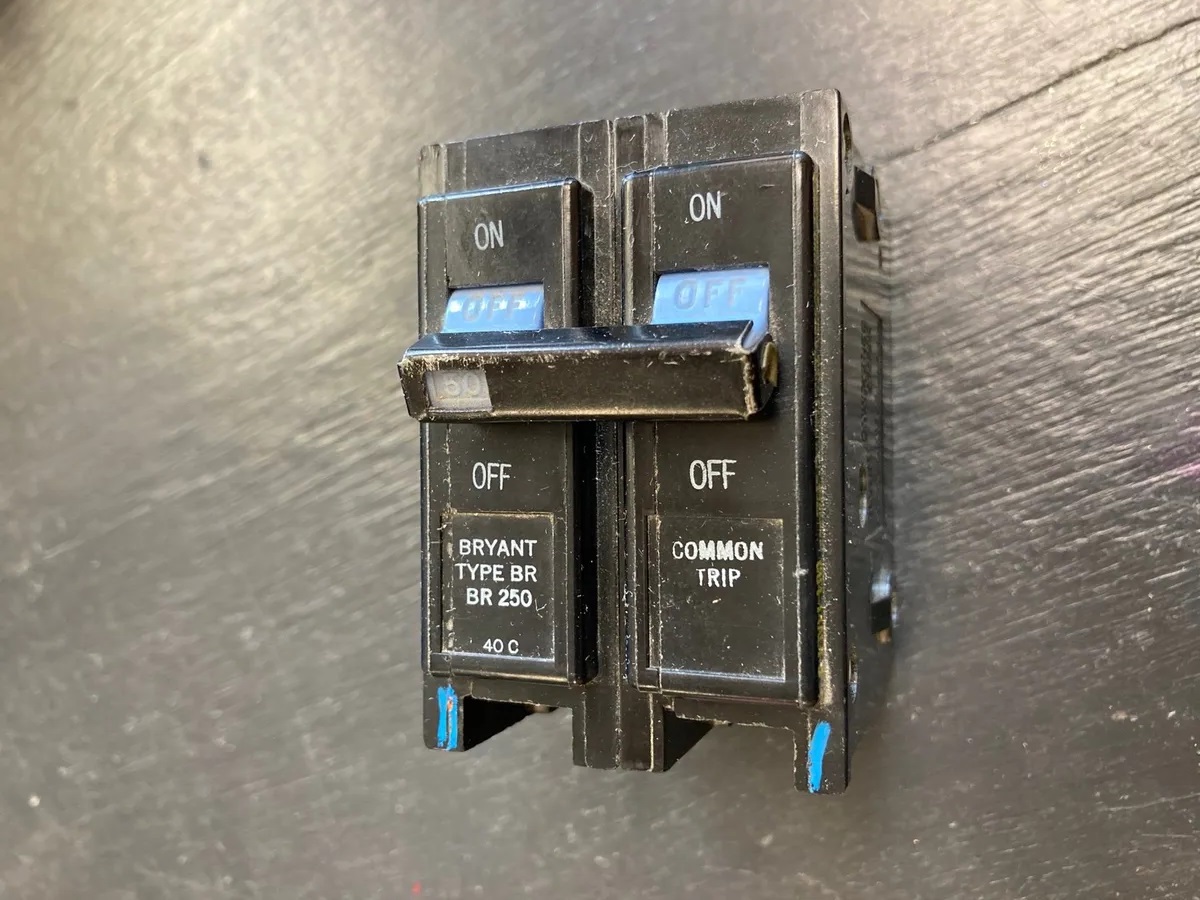
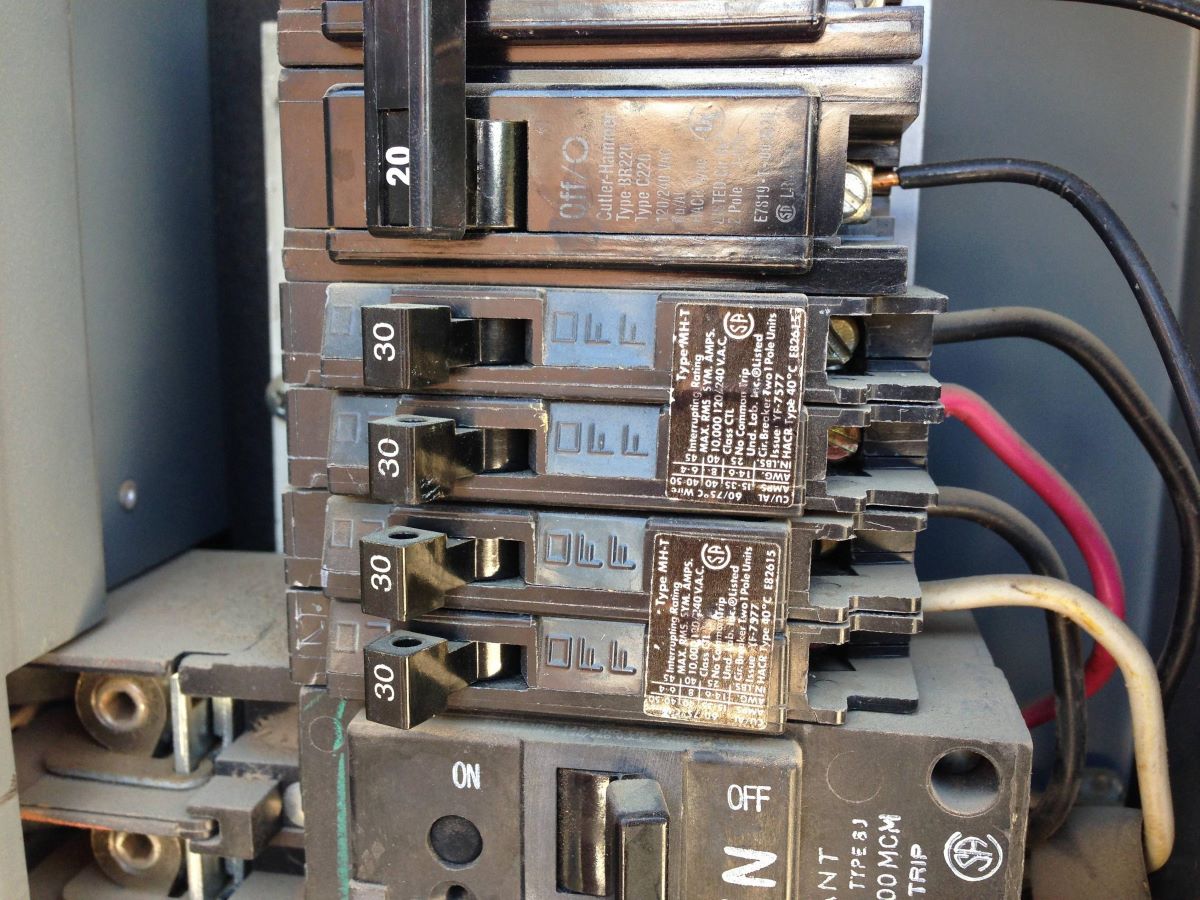
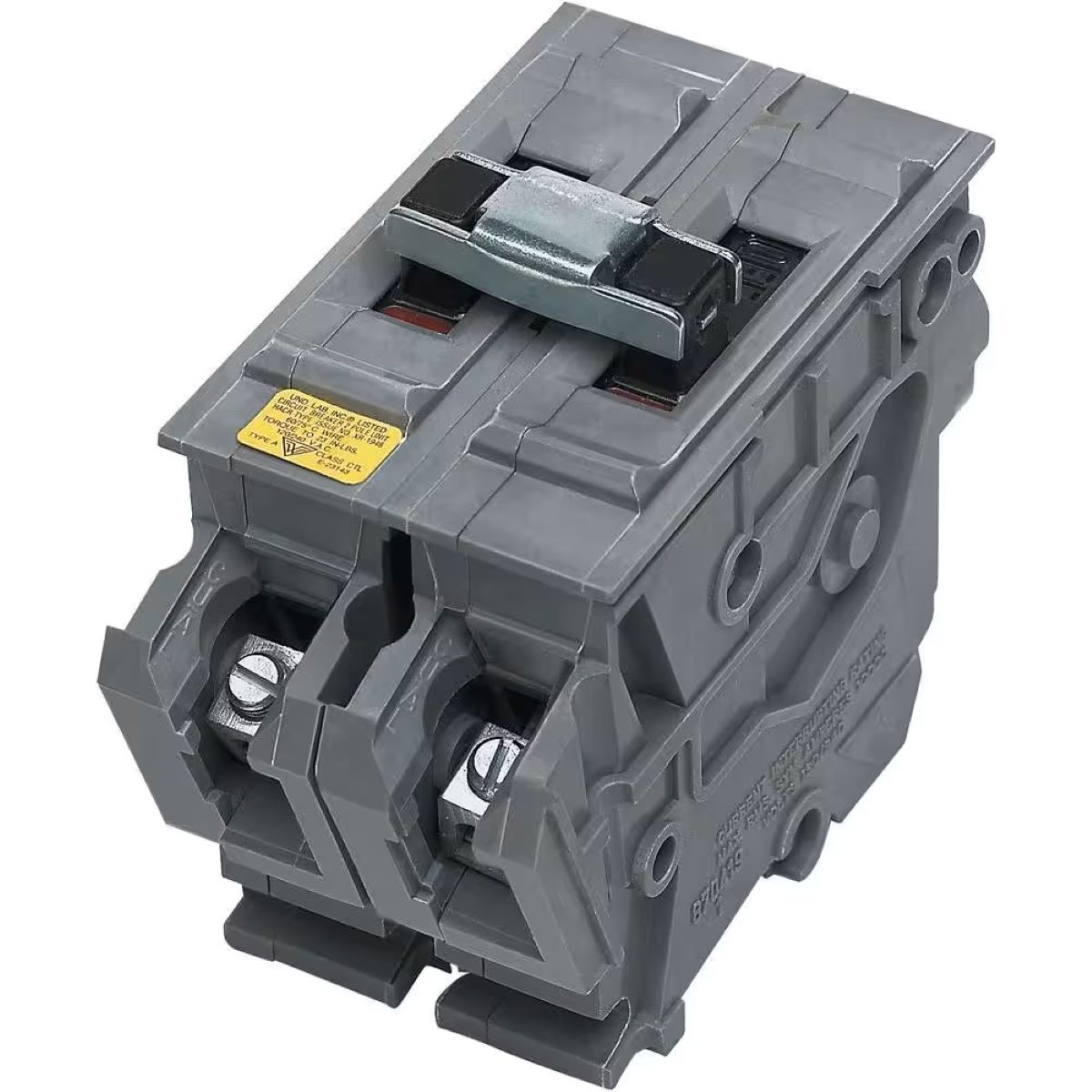
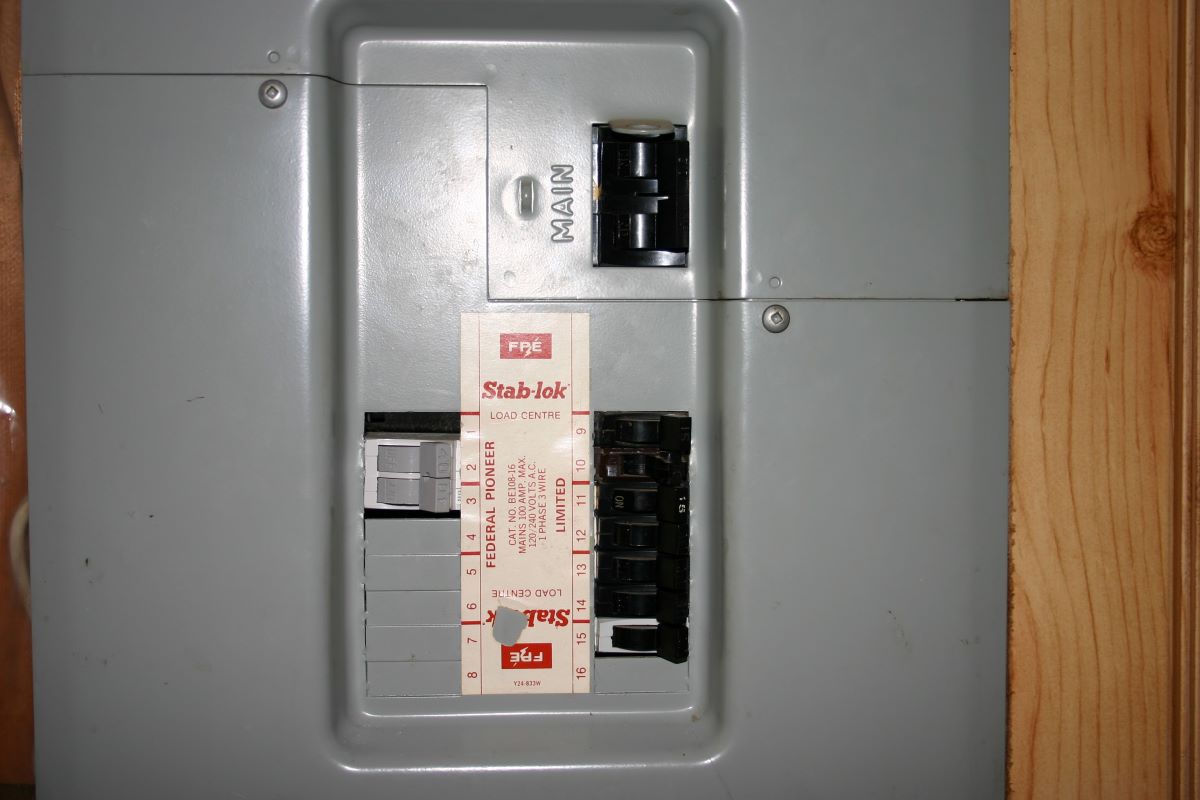
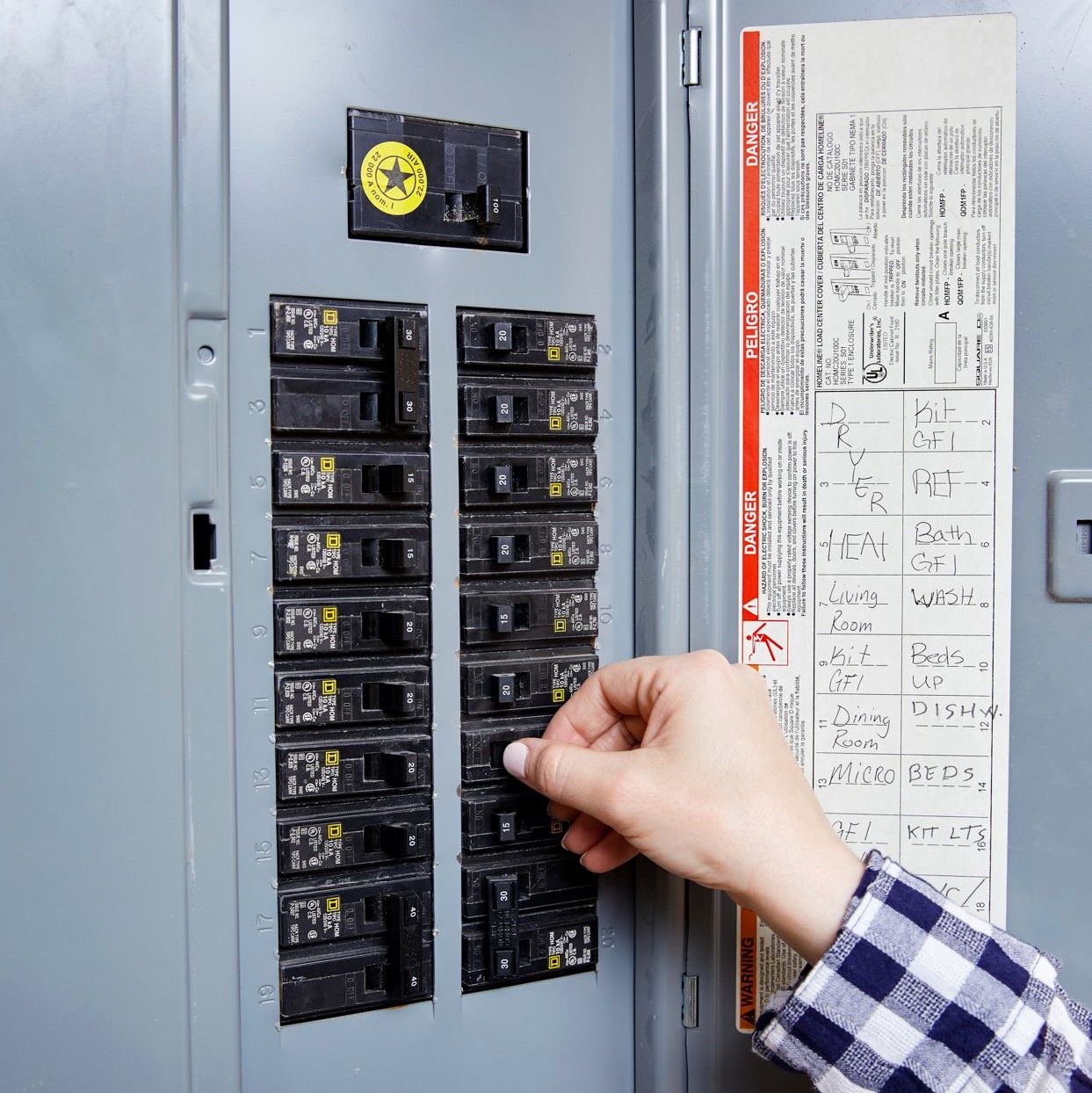

0 thoughts on “How Many Circuit Breakers In A House”